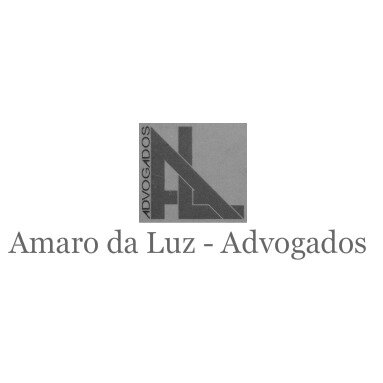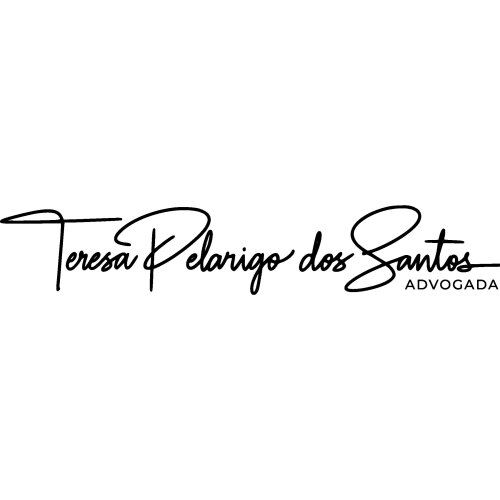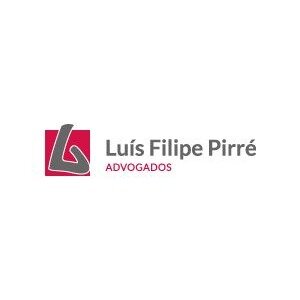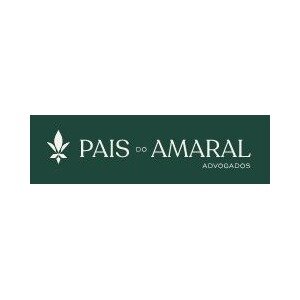Best Sanctions & Export Controls Lawyers in Coimbra
Share your needs with us, get contacted by law firms.
Free. Takes 2 min.
List of the best lawyers in Coimbra, Portugal
About Sanctions & Export Controls Law in Coimbra, Portugal
Sanctions and export controls are crucial areas of law that regulate how goods, technology, services, and funds are traded across borders. In Coimbra, Portugal, these laws ensure compliance with national, European Union, and international obligations. Sanctions are typically measures imposed to restrict trade or financial dealings with certain countries, individuals, or entities to achieve foreign policy or security objectives. Export controls, on the other hand, govern the export of specific items, technologies, or information with potential dual civil and military uses. Companies, academic institutions, and individuals engaging in international trade or research must comply with these regulations to avoid severe legal consequences.
Why You May Need a Lawyer
Navigating sanctions and export controls laws can be highly complex, and unintentional violations may result in hefty fines or criminal liability. Common situations where legal advice is vital include:
- Trading or exporting goods, services, or technology to countries under sanctions
- Conducting research or collaborations with foreign institutions
- Investing in or receiving funds from individuals or entities under restrictions
- Receiving requests from government agencies related to exports or cross-border transactions
- Uncertainty about compliance concerning controlled goods or technology transfers
- Internal investigations after suspected breaches or audits
- Developing or updating company compliance programs
A qualified lawyer helps you interpret and apply the law appropriately, prepare documentation, liaise with authorities, and represent you in administrative or court proceedings.
Local Laws Overview
In Coimbra, as in the rest of Portugal, sanctions and export controls are governed by a mix of Portuguese national laws and regulations, as well as binding European Union legislation. Key points include:
- The Portuguese government implements EU sanctions, which target specific countries, companies, or individuals prohibited from engaging in certain financial or commercial activities.
- Portugal also adheres to United Nations Security Council sanctions and enacts additional national measures as required.
- Export controls are mainly coordinated via the EU Dual-Use Regulation, restricting the export, brokering, and transit of goods and technologies with possible military applications.
- The General-Directorate for Economic Activities (DGAE) is responsible for supervising export controls, issuing licenses, and providing guidance in Portugal.
- Violating sanctions or exporting restricted items without proper authorization may lead to administrative penalties, criminal prosecution, or loss of export privileges.
- Research collaborations with international partners, even within academia, require careful analysis to ensure compliance.
It is essential to stay informed, as sanctions lists and export control regulations are subject to frequent changes based on international developments.
Frequently Asked Questions
What are sanctions and who imposes them in Portugal?
Sanctions are restrictive measures imposed to advance foreign policy and security goals. In Portugal, sanctions stem from United Nations Security Council resolutions, European Union regulations, and national laws enacted by the Portuguese government.
Do export controls apply to all types of goods?
No, export controls typically target specific goods, software, or technology with potential military or dual-use (civilian and military) applications. Lists are maintained by the EU and updated regularly.
Are there penalties for violating sanctions or export controls?
Yes, breaches can lead to administrative sanctions, significant fines, criminal prosecution, and damage to business reputation. Authorities may confiscate prohibited goods or suspend your trading license.
Do academic researchers in Coimbra need to comply with export controls?
Absolutely. Transfers of controlled technology or information, even for scientific research, can be subject to export controls, especially when collaborating with international partners.
How can I check if I am dealing with a sanctioned entity?
You should consult updated official sanction lists published by the EU and the Portuguese government. Legal counsel can help you perform proper due diligence and screening.
Is a license always required to export goods?
Not always. Licenses are necessary only for controlled goods, technology, or destination countries under sanctions. Legal guidance ensures you understand when a license is mandatory and helps with applications.
What should I do if I suspect my business has violated sanctions?
Consult a lawyer immediately. Prompt legal advice is crucial for developing a response strategy, rectifying any issues, and cooperating with authorities if necessary.
Can sanctions affect financial transactions?
Yes. Sanctions can prohibit or restrict certain payments, investments, or financial transactions involving targeted individuals, entities, or countries.
Are all sanctions economic in nature?
No, while many sanctions are economic, they can also include travel bans, arms embargoes, and restrictions on the provision of certain services.
What authorities oversee sanctions and export controls in Coimbra?
The General-Directorate for Economic Activities (DGAE), the Ministry of Foreign Affairs, and customs authorities play key roles in enforcing sanctions and export controls at the national and local levels.
Additional Resources
- The General-Directorate for Economic Activities (Direção-Geral das Atividades Económicas - DGAE): Offers information on export licensing and controls.
- Portuguese Ministry of Foreign Affairs: Publishes guidance and updates on international sanctions.
- European Union Official Journal: Contains the latest sanctioned parties lists and dual-use regulation updates.
- Customs and Tax Authority (Autoridade Tributária e Aduaneira): Handles enforcement at borders for controlled goods.
- Local legal associations in Coimbra: Provide legal referrals and resources for individuals and businesses.
Next Steps
If you need legal advice regarding sanctions and export controls in Coimbra:
- Identify your specific legal issue, whether it is about potential violations, compliance uncertainty, or licensing questions.
- Gather relevant documents such as contracts, correspondence with foreign partners, and any notices from authorities.
- Seek a lawyer with experience in Portuguese and EU sanctions and export control law. Local Coimbra lawyers or specialized firms can give tailored advice.
- Discuss your situation openly and follow your lawyer’s recommendations for compliance or remediation.
- Establish internal protocols and training if your business is engaged in international trade to prevent future legal issues.
Complying with sanctions and export control laws is essential for protecting your interests and avoiding severe penalties. Legal expertise ensures you remain on the right side of the law.
Lawzana helps you find the best lawyers and law firms in Coimbra through a curated and pre-screened list of qualified legal professionals. Our platform offers rankings and detailed profiles of attorneys and law firms, allowing you to compare based on practice areas, including Sanctions & Export Controls, experience, and client feedback.
Each profile includes a description of the firm's areas of practice, client reviews, team members and partners, year of establishment, spoken languages, office locations, contact information, social media presence, and any published articles or resources. Most firms on our platform speak English and are experienced in both local and international legal matters.
Get a quote from top-rated law firms in Coimbra, Portugal — quickly, securely, and without unnecessary hassle.
Disclaimer:
The information provided on this page is for general informational purposes only and does not constitute legal advice. While we strive to ensure the accuracy and relevance of the content, legal information may change over time, and interpretations of the law can vary. You should always consult with a qualified legal professional for advice specific to your situation.
We disclaim all liability for actions taken or not taken based on the content of this page. If you believe any information is incorrect or outdated, please contact us, and we will review and update it where appropriate.













